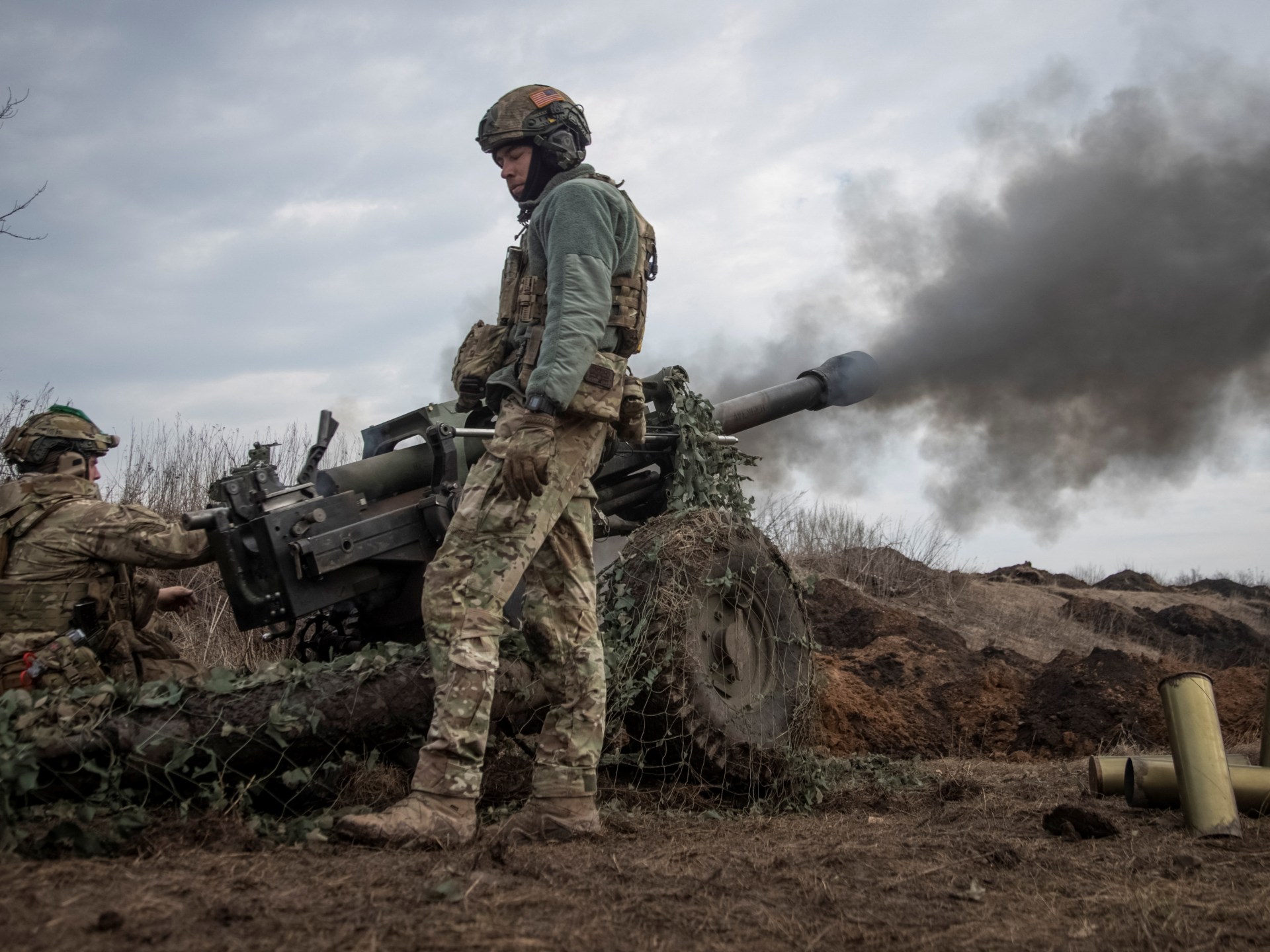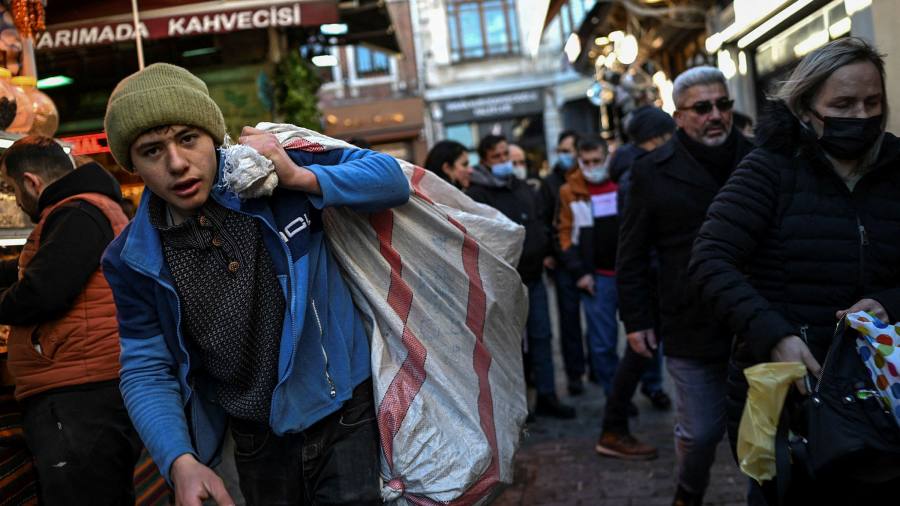Turkey caught in the middle on Iraq crisis
The Turkish diplomatic efforts unfolded amid intensifying maneuvers across the region to avert an American invasion. In a tour of Middle Eastern capitals that ended earlier this week, Gul said he discussed a Saudi plan to offer amnesty to senior Iraqi officials in order to encourage them to depose the Iraqi leader. And Gul said he passed a letter to Saddam bluntly warning him of the dangers of war if he did not comply with the U.N. resolutions.
"I told him this is not a time for playing games, for making antics," Gul said. "I told him, you have to take the steps necessary to avoid this war."
Senior members of Gul’s party also reportedly discussed the possibilities of joining with Egyptian officials in an effort to persuade Saddam to step down.
Turkey’s two-track approach – diplomatic and military – is emblematic of the growing anxiety across the Middle East, where leaders are growing increasingly desperate to prevent a war but are eager to be on the right side should one start. Many commentators have speculated that the latest flurry of diplomacy is designed, at least in part, to provide political cover for a number of countries, from Turkey to Kuwait and Saudi Arabia, to join a military venture that is overwhelmingly opposed by their own people.
American officials have agreed to "significantly" scale back their initial request to bring in 80,000 American troops, but the final composition of the force was still being discussed, the Western diplomat said.
American officials have said that if they decide to launch a military campaign against Saddam, they would go forward whether Turkey signed on or not. But they say they want Turkey’s participation because it would make any war shorter and less bloody.
At the same time, Turkey’s leaders are wrestling with their own dilemmas. Turkey is concerned that a war with Iraq might re-ignite separatist desires among its large Kurdish population. And they fear that a war could drive hundreds of thousands of Iraqi refugees across its borders, as it did in 1991.
In an interview Friday, Gul portrayed himself as a man caught between two irresistible forces: The United States, an important ally for more than 50 years, and the Turkish people, more than 80 percent of whom, a recent poll here reported, were opposed to their country’s participation in a war against Iraq.
"I am not a king; I am not emir," Gul said. "Turkey is open country. We have to take into account the reaction of our people. We have to worry about the street."
Gul said his government had not decided whether to accept American troops in the country. But he suggested that a titanic political struggle lay ahead, when any decision to accept an American presence would have to be ratified by the country’s national assembly.
While Gul’s Justice and Development Party holds a majority of seats in the national assembly, a decision on whether to accept American troops could put the party in a difficult political spot. The party, which came to power two months ago, has an Islamist background, and there have been hints that it is deeply divided over the question of taking part in a military exercise against another Islamic country.



